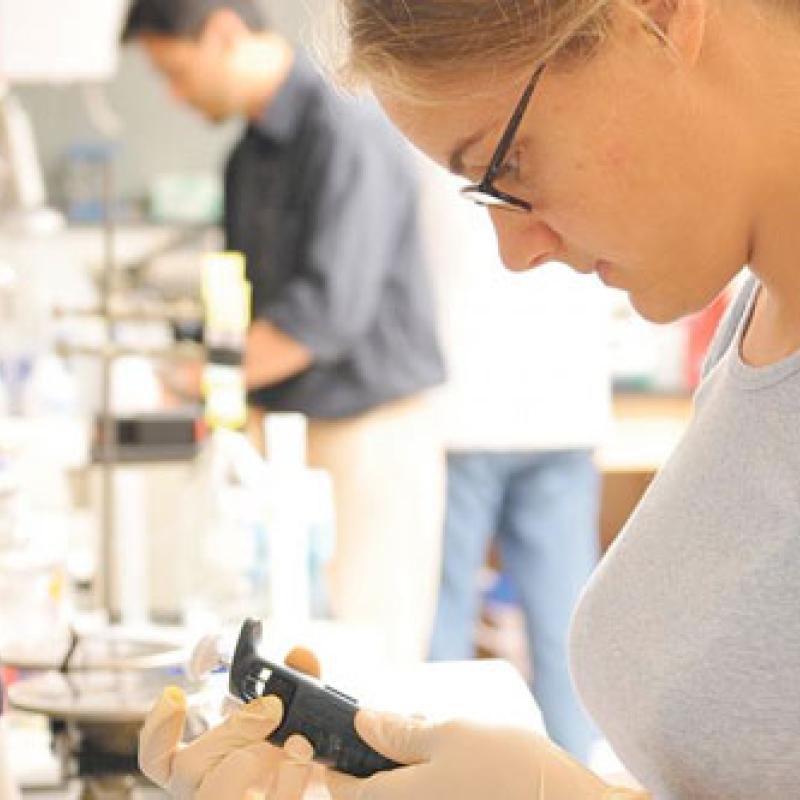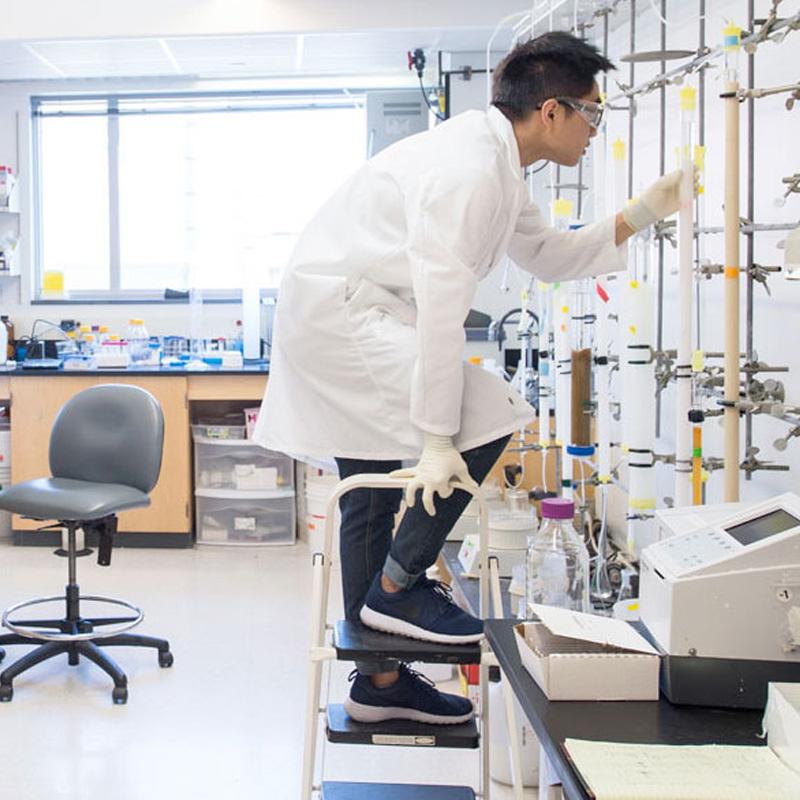Discovery and application of new scientific concepts and technologies are the core goals for the School. Our students have access to cutting-edge technology and facilities, and through both their course work and involvement in research projects, they can address real-life challenges and seek solutions to the needs of the high-tech world of the 21st century.
There are 14 undergraduate and 17 graduate degree programs across the six departments in the School. Our students gain a strong foundation in math and science, and in-depth, hands-on, immersion in the field of their choice. All programs have built-in flexibility, allowing students to tailor a curriculum to individual interests and talents.






